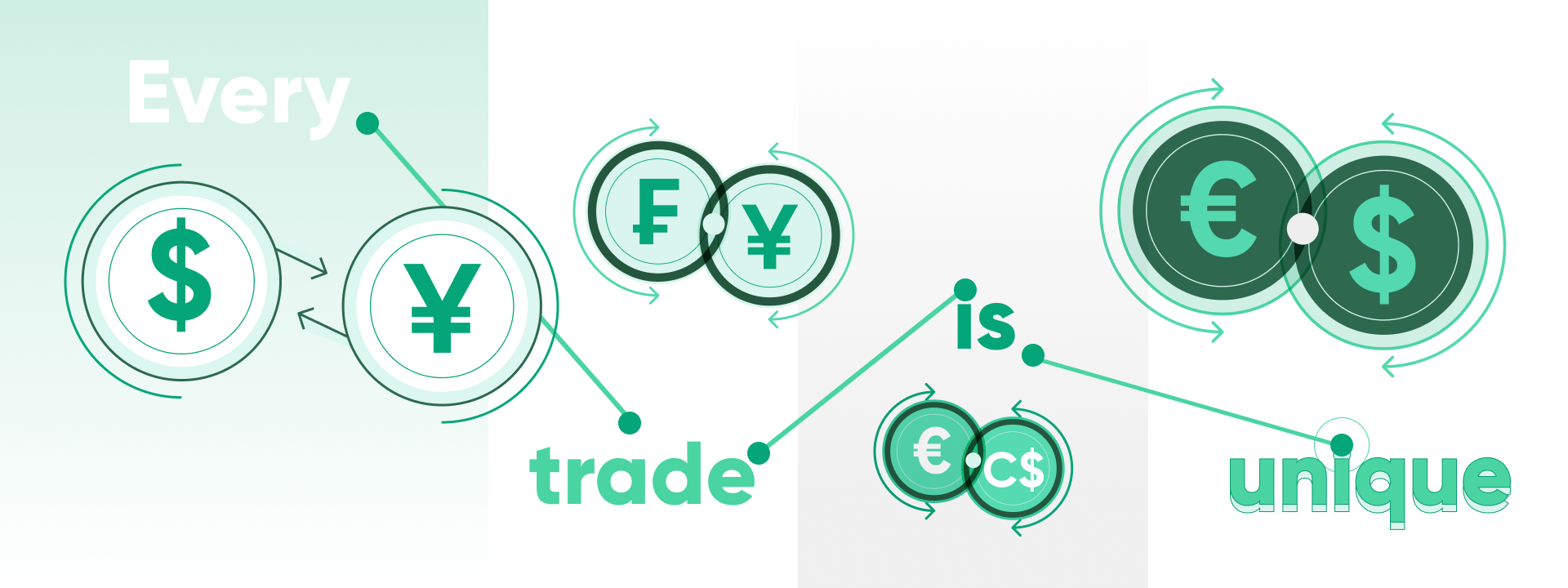Managing trading biases
The first thing to understand about biases is that everyone has them and they play a big role in daily life. In online trading, bias can affect your judgment, leading to decisions that you wouldn’t normally make. Although it’s hard to get rid of a bias altogether, being aware of the most common ones is the first step to overcoming them.
Recency bias
Recency bias involves placing too much importance on recent events and ignoring the bigger picture. This can negatively affect your decision-making. For example, if you placed a trade solely based on the latest price movements, without also analyzing any long-term trends, you may be guilty of recency bias. To handle it, simply take a step back and remember to consider both the short and long-term consequences of a trade before you act.
Representative bias

Representative bias involves placing a trade solely based on similarities to a successful trade placed previously. Because of this, you may assume that if you repeat the same tactic, it will once again lead to success. However, it’s important to remember that, even if two trades share similar characteristics, there’s no guarantee the result will be the same – each trade is unique.
Confirmation bias
Confirmation bias is something we see often in our daily lives. In trading, it involves focusing only on the news and analysis that supports your preexisting opinion. By doing this, you’re likely to make ill-informed decisions, as you’re only considering half the story. To manage confirmation bias, you should stay open-minded and ensure your trades are based on a balanced outlook.
Herd bias

Herd mentality plays a big role in human culture, as people often copy those around them. It also applies to trading, where herd bias involves making decisions based on what other traders are doing. This can be placing a trade outside of your strategy or exiting a trade despite your better judgement, simply because others are doing it. You need to have the confidence to make your own decisions while remaining resolute in following your trading strategy.
Loss-aversion bias
We’re all afraid of losing, but sometimes you need to know when to let go. In trading, loss-aversion bias involves the unwillingness or inability to close a losing trade. Whether it’s due to unfounded hope that things will turn around or something else, you just can’t accept the loss. Always remember, not every trade can be a winning one. A good strategy is one that accounts for losses but may still see you profit over time.
